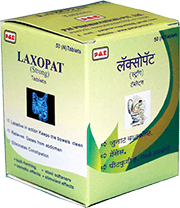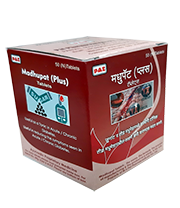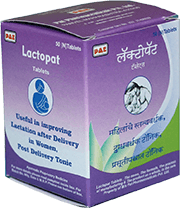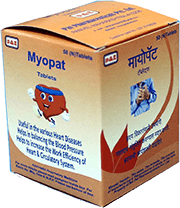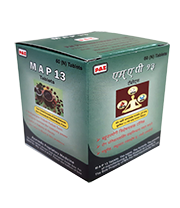
Kidney Stone & Urinary Disorders
- Treatments /
- Kidney Stone & Urinary Disorders
Kidney Stone & Urinary Disorders
Urinary disorders are a wide variety of conditions, all related to the filtering and carrying of urine out of the body. Examples of urinary conditions include cancers of the urinary tract, kidney stones, kidney failure, and urinary tract infections.
Types of urinary conditions
• Hydronephrosis
• Incontinence
• Interstitial Cystitis
• Kidney Infection / Urinary Tract Infection
• Kidney Stones
The primary organs of the urinary system are the kidneys, which are bean-shaped organs that are located just below the rib cage in the middle of the back. From the kidneys, urine travels down two thin tubes, called ureters, to the bladder. The ureters are about 8 to 10 inches long (20 to 25 centimeters)
Kidney stones are hard, rock-like deposits that form in the kidneys, two organs that filter waste and extra fluid from the body. Kidney stones typically develop when there is too much waste and not enough fluid in the kidneys. Your body’s waste can include minerals and other substances that combine to form stones, ranging in size from a grain of sand to a size of a pea, or even as large as a ping pong ball
There are two main types of kidney stones: calcium stones and noncalcium stones
Factors that may contribute to the formation of kidney stones include:
• Not drinking enough water.
• Not getting enough calcium.
• A diet high in salt or sugar.
• Eating large amounts oxalate-rich foods (such as nuts, spinach, chocolate, and certain teas).
• Drinking colas, which contain phosphate and have a high sugar content
• Consuming too much protein.
• A lack of citrate, a substance that help prevent stones from forming
• Family history and genetics.







